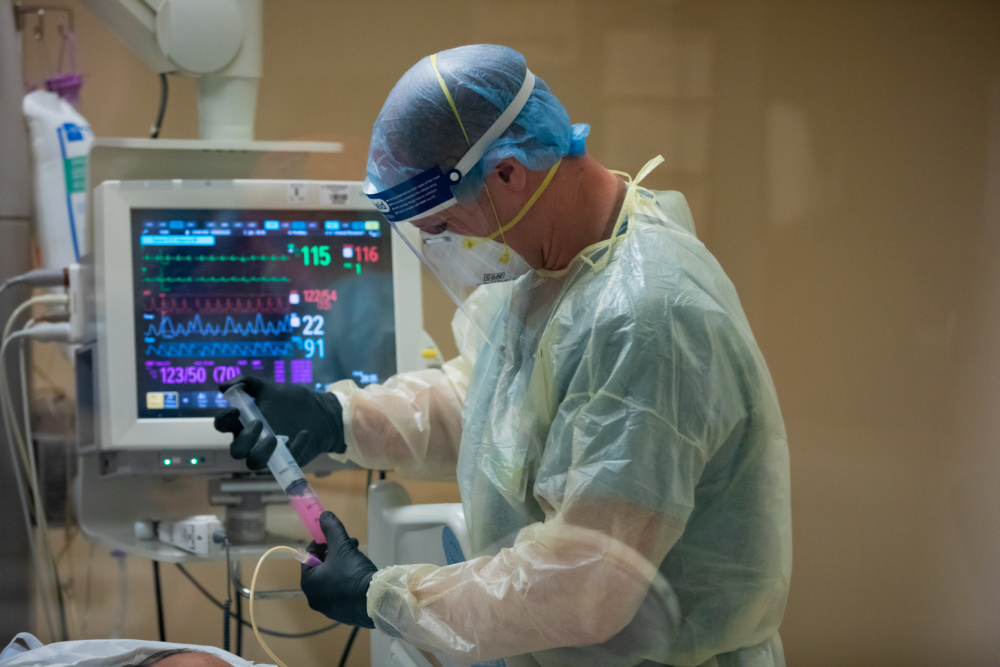Health care workers are perhaps the most important asset in an infectious disease emergency, yet these individuals have their own barriers and facilitators to them being willing or able to respond.
In general, health care workers appeared to be most willing to respond to infectious disease outbreaks when: the pathogen was non-transmissible; they were provided adequate PPE; or an effective prophylaxis, vaccine, or treatment was provided to both workers and their families.
Factors affecting willingness to response to bioterrorist incidents were typically structural or organizational in nature, such as availability of vaccine or PPE, safety of family members, and provision of information on the pathogen involved.
Factors Influencing Health Care Workers’ Willingness to Respond to Duty during Infectious Disease Outbreaks and Bioterrorist Events: An Integrative Review. Prehospital and Disaster Medicine, 23 February 2021.



